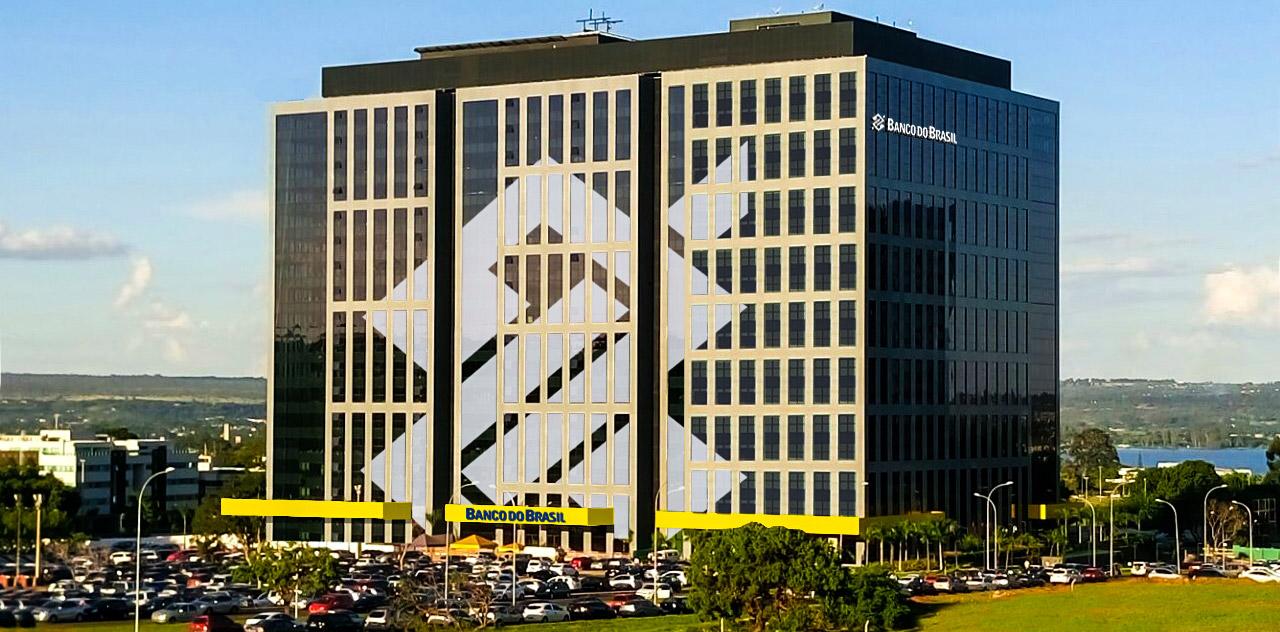RIO DE JANEIRO, BRAZIL – The coronavirus has forced changes even in the most traditional companies in Brazil. Banco do Brasil (BB) has for years resisted implementing the home office. By early 2020, before the start of the Covid-19 pandemic, the state-owned financial giant had a total of only 257 of its 93,000 workers working from home (less than 0.3 percent).

Since March, everything changed: the bank placed 32,000 workers on home office. Now, this large-scale experiment will result in R$1.7 billion (US$340 million) savings over 12 years, with the bank vacating 19 of a total of 35 office buildings it now leases in seven states and the Federal District.
According to BB’s corporate vice-president, Mauro Ribeiro Neto, the program internally called Flexy, which provided for the modernization of the institution’s offices, was being structured since 2019 but gained new meaning and greater speed during the pandemic.
The executive says that the bank, like thousands of other companies, was forced to test the remote work model. The assessment was that the results were positive and made the proposal to reduce corporate spaces even more daring.
The reduction in space will be profound and will impact BB’s large corporate areas – Flexy, for the time being, is not being implemented in branches or small offices throughout the country. Of the bank’s total leased area of 5 million square meters, 750,000 are large offices in states such as São Paulo, Rio de Janeiro, Bahia, Ceará, Minas Gerais, Paraná, and Pernambuco, in addition to the Federal District. With the long-term bet on home office work, 38 percent of these spaces, or 290,000 square meters, will be vacated, according to the executive.
Sixteen large corporate buildings will, however, be kept in these locations. “We will focus on the larger corporate floors, which allow a larger implementation of the open office concept,” Ribeiro Neto explains.
In redesigning its corporate areas, BB will become more closely associated with the models related to technology companies: individual workstations will be removed and shared spaces will be added; meeting rooms will be more flexible, prioritizing smaller groups; and the office will be equipped with cabinets for employees to keep personal belongings, which should be taken home at the end of each shift.
Behind the change in office profiles, which will cost a total of R$500 million, to be begun this year and completed in 2022, there is also a savings goal: between cost cuts in rent and maintenance, the BB expects a R$185 million reduction in annual expenses. In 12 years, after discounting the amounts spent on renovation, there will be considerable savings: R$1.7 billion.
Many companies are seeking more flexible spaces for the post-pandemic period since it became clear that the home office is a possibility to be considered. At BB, around 30 percent of workers – over 30,000 people – will continue to work partially from home even after the pandemic is brought under control.
“The productivity assessment by staying in the office is a thing of the past. We need to leave it behind,” says the bank’s vice-president.
Trend
According to Fábio Maceira, president of JLL, a company that manages corporate offices, large companies will inevitably rethink the functions of their offices in the post-pandemic period.
Some companies that own and lease corporate real estate are now starting to make their lease agreements more flexible in order to allow shorter stays. Many clients will need to choose more flexible contracts for some time, in order to determine whether they truly need all the space they currently occupy.
Source: O Estado de S. Paulo

